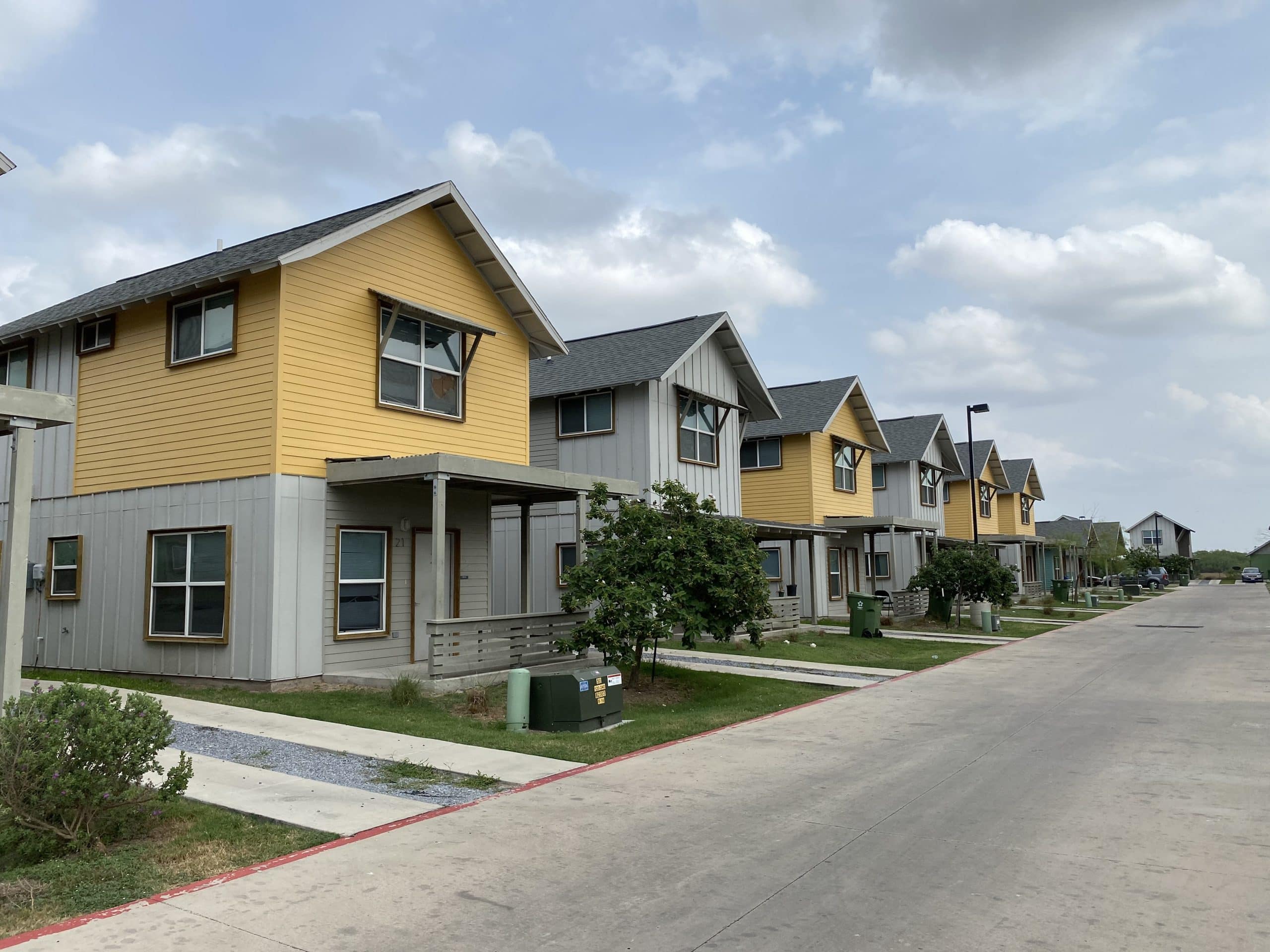For hundreds of low-income housing advocates and residents, the annual National Low Income Housing Coalition conference is the one time when they get to convene, talk about policy, and have access to high-level agency representatives. But keeping those lines of communication running the other 51 weeks out of the year presents a challenge. One of those key policy initiatives is the administration’s $350 million Transforming Rental Assistance (TRA) initiative, outlined in the FY2011 budget, that would enable local housing agencies and private owners to more easily preserve affordable housing by way of increased funding to operate it.
The administration hopes TRA will help preserve an estimated 300,000 publicly- and privately-owned affordable apartments in the first year and more in subsequent years, and the program is intended to make other improvements to rental assistance programs, including public housing, as well as streamline administration of these programs. An important detail of TRA would give families with housing subsidies a choice to rent housing in an array of neighborhoods. This component aims to allow residents to be closer to employment or education.
But TRA, along with other housing initiatives announced administration, are not without questions and concerns. A workshop, “Tenant Input in HUD Policies” on Day 2 of NLIHC’s conference explored ways to keep HUD assisted tenants connected to HUD, as well as keep tenants up to speed with new rental assistance programs.
“Residents are the eyes and ears. You know what’s going on in the developments and what’s going on with the programs,” said Catherine Bishop, a staff attorney at the Oakland-based National Housing Law Project. “Who are the stakeholders? The housing authorities? The banks? The investors? No, it’s the residents.”
The session had four breakout groups. Participants voiced concerns about the capacity to organize, that glitches in existing rental programs were not being resolved before new programs are implemented, slow or no repairs in subsidized apartments, and a lack of eligibility for low-income housing for individuals coming out of prison.




Comments